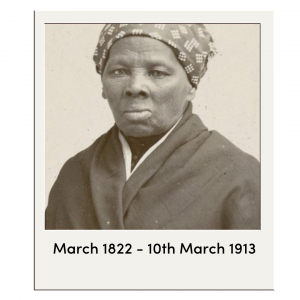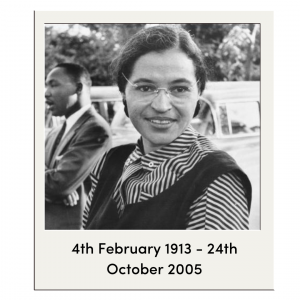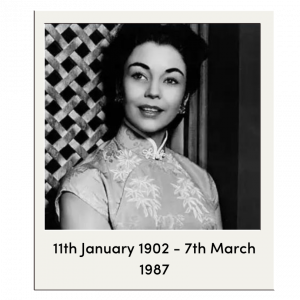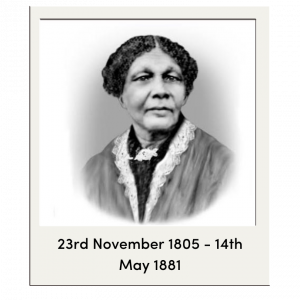Given that Black History Month is coming to a close, it is important to remember the value of representation, determination, and the significance of women’s voices in influencing Black history.
Addressing Black Underrepresentation in the Workplace
Despite the fact that laws exist to protect discrimination against women, Black women face many challenges at work, including:
The Pay Gap – Black women are often paid less than their white colleagues. This wage disparity is influenced by factors such as bias in hiring and promotions, and a lack of representation in leadership roles.
Microaggressions – Black women frequently encounter microaggressions and subtle forms of discrimination and bias. These can include insensitive comments about their appearance.
Discriminatory hiring – Black women are less likely to be called for interviews, even when they have equivalent qualifications and experience as their white counterparts.

Harriet Tubman
March 1822 – March 10th 1913
Harriet Tubman, an American abolitionist, and social activist, was born into slavery in 1822. Tubman carried out 13 trips to rescue nearly 7- enslaved individuals, including her family and friends, using the Underground Railroad, a network of antislavery activists and safe homes. During the American Civil War, she escaped and became a forewoman, then served as an armed scout and spy for the Union Army before becoming an activist in the women’s suffrage movement later in life.

Rosa Parks
4th February 1913 – 24th October 2005
Rosa Louise McCauley Parks was an American civil rights activist most remembered for refusing to give up her seat on a Montgomery, Alabama bus in 1955. Parks’ efforts encouraged local Black community leaders to organise the Montgomery Bus Boycott, (a political and social protest campaign against racial segregation) that lasted more than a year and was led by Martin Luther King Jr.
As a result of this historical shift, Rosa Parks became a nationally acknowledged icon of dignity and strength in the fight to eliminate racial segregation.

Evelyn Dove
11th January 1902 – 7th March 1987
Evelyn Mary Dove was the first British singer and actress of African descent to appear on BBC Radio in 1925, three years after its launch. Dove studied singing, piano, and elocution at the Royal Academy of Music, where she graduated in 1919 and received a silver medal. Evelyn Dove’s most notable professional work was with the BBC between 1939 and 1949, when she appeared on numerous popular music and variety shows, including Rhapsody in Black (1940).

Mary Seacole
23rd November 1805 – 14th May 1881
Mary Jean Seacole was a British nurse and businesswoman, Seacole was born in Kingston to a Creole mother who upheld a boarding house and worked as a doctress of herbal medicine.
In 1850, she cared for victims of the Kingston cholera epidemic. She returned to Panama in 1851, only to discover that her services were required once more because the town of Cruces was experiencing its own outbreak of the disease. Mary describes saving her first cholera patient at Cruces by compressing chills with warm garments, using mustard plasters to the stomach and back, and administering mustard emetics to induce vomiting.